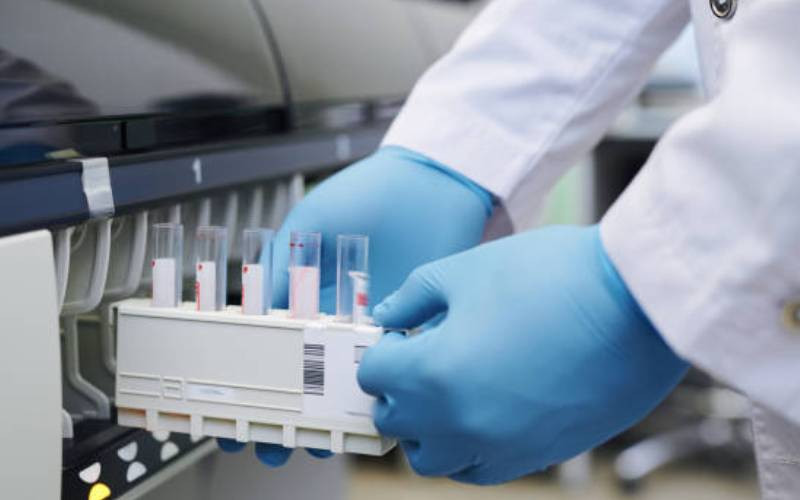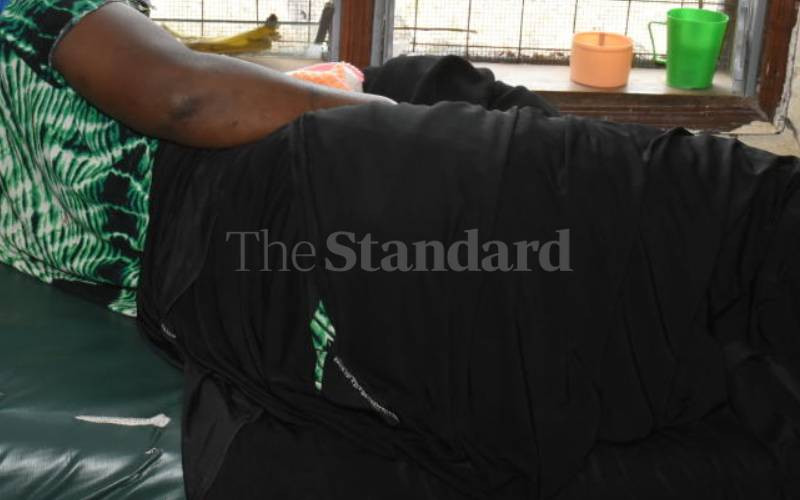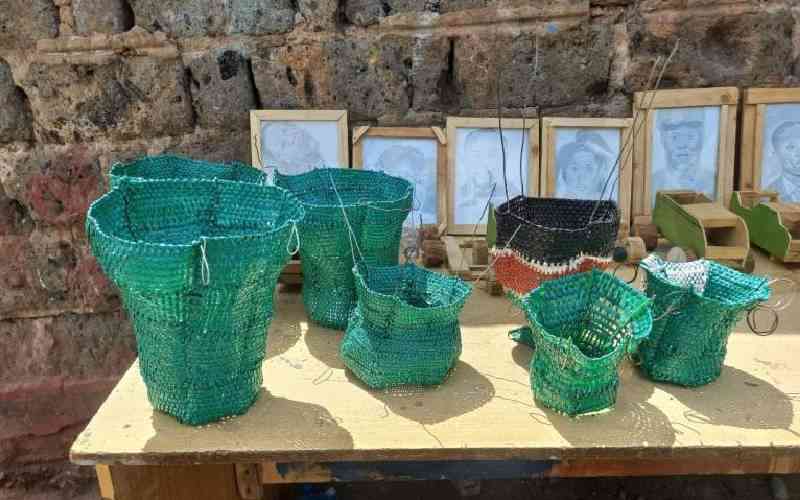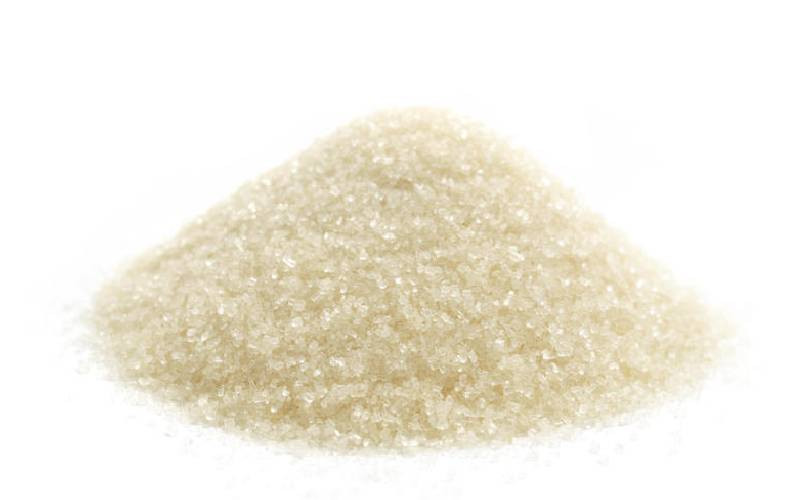By Gatonye Gathura
Kenya: Over 8,000 cash crop farmers in Kenya and several hundred factory workers may have just become redundant with the launch of a new laboratory made alternative.
Since 2004, farmers spread in parts of Nakuru, Naivasha, Kitale, Eldoret, Sotik and Siaya have been growing the relatively new cash crop, Artemisia annua, or sweet wormwood, whose extract is used in the development of the current first line and most effective malaria treatment.
Most of the farmers have been selling their produce to the Athi River based extraction company, Botanical Extracts EPZ Limited (BEEPZ), at between $550-$600/tonne of dry leaf.
BEEPZ and other smaller distillers in the country extract a compound called artemisinin from the plant for export.
Most of the farmers are small-scale holders with a hectare bringing in up to two tonnes of dry leaf.
However, this week the World Health Organisation approved the first ever laboratory manufactured artificial or synthetic artemisinin, which is said to be much cheaper and whose production is more predictable.
2009 drought
Supplies from farm-sourced artemisinin have been expensive and erratic over the years especially during the drought of 2009, which affected all parts of the country.
“The availability of non-plant-derived-artemisinin offers the potential for important advances in the treatment of malaria since it means that production will not be pegged on the farming season,” says Dr Antony Fake of the WHO Prequalification of Medicines programme.
Manufactured by the pharmaceutical company Sanofi, the firm says it would produce 35 tonnes of synthetic artemisinin this year. This is expected to expand to an average of 50 to 60 tonnes per year by 2014, which comes to between 80 and 150 million treatments.
The WHO estimates the global demand for artemisinin this year at 215 million treatments, meaning Sanofi will soon be meeting more than half of this requirement. Several other pharmaceutical groups are also in the process of developing their own versions of artificial artemisinin.
While extremely good for malaria patients because the cost of drugs could come down significantly, it is the second time since the 1970s that technology has denied local farmers a livelihood.
The commercialisation of artificial pyrethroids in the 1970s, the equivalent of pyrethrin, which is derived from pyrethrum had dramatically reduced the demand for plant extracts and has since negatively affected the farming of the crop in Kenya.
 The Standard Group Plc is a multi-media organization with investments in media platforms spanning newspaper print
operations, television, radio broadcasting, digital and online services. The Standard Group is recognized as a
leading multi-media house in Kenya with a key influence in matters of national and international interest.
The Standard Group Plc is a multi-media organization with investments in media platforms spanning newspaper print
operations, television, radio broadcasting, digital and online services. The Standard Group is recognized as a
leading multi-media house in Kenya with a key influence in matters of national and international interest.











